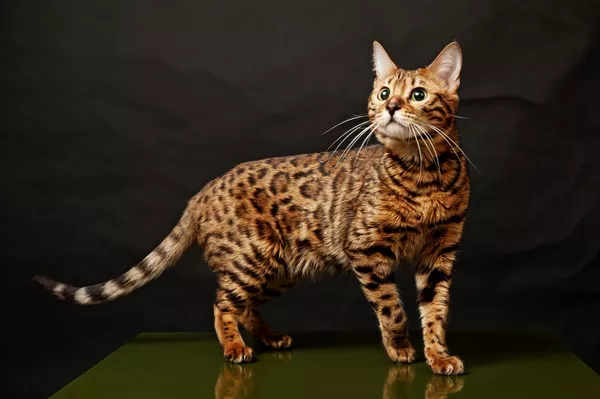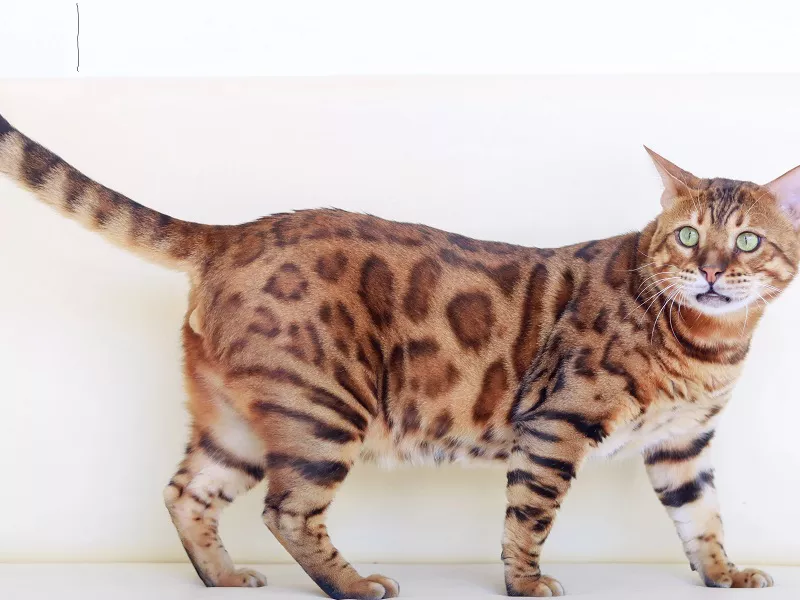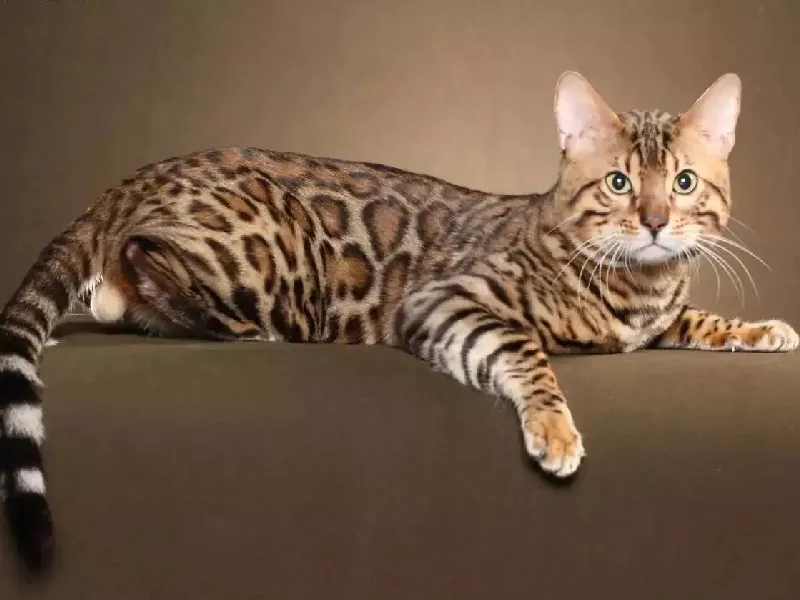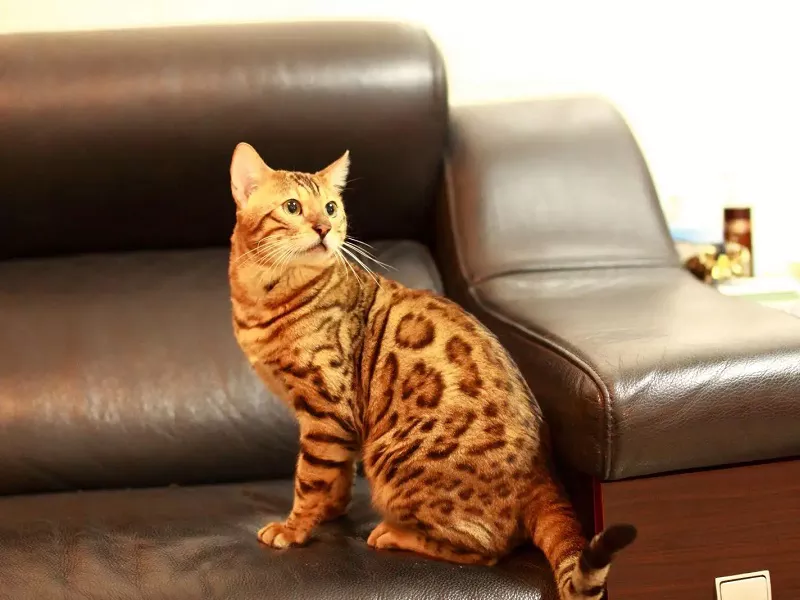Bengal cats are a unique breed that has become increasingly popular among cat lovers in recent years. They are known for their wild-looking coats and playful personalities. However, many people may wonder how long these cats typically live.
On average, Bengal cats live for around 12 to 16 years. However, like all animals, there are many factors that can affect their lifespan.
One of the most important factors is genetics. Some Bengal cats may be predisposed to certain health conditions that can shorten their lifespan, such as heart disease or certain types of cancer. Responsible breeders will screen their cats for any known genetic issues before breeding them to help minimize the risk of passing on these conditions to their offspring.

Another important factor in a Bengal cat’s lifespan is nutrition. A healthy, balanced diet is crucial for a Bengal cat’s overall health and longevity. These cats require a diet that is high in quality protein, vitamins, and minerals to keep them in good health. Low-quality diets can lead to health problems such as obesity, diabetes, and kidney disease, which can significantly shorten a cat’s lifespan.
Exercise and physical activity are also important for a Bengal cat’s health and wellbeing. These cats are highly active and require plenty of playtime and exercise to stay healthy and happy. Providing your cat with toys, scratching posts, and other forms of stimulation can help keep them active and engaged. A lack of exercise can lead to obesity, which can also shorten a cat’s lifespan.

Regular veterinary check-ups are crucial for a Bengal cat’s health. During these visits, your vet can check for any potential health issues and recommend preventative care measures, such as vaccinations and parasite control. Catching health problems early can help prevent them from developing into more serious issues that can shorten your cat’s lifespan.
Finally, providing your Bengal cat with a safe and comfortable environment can also help ensure a long and healthy life. Make sure your cat has access to clean water and a litter box, and keep their living space clean and free of potential hazards. Proper hygiene and regular grooming can also help prevent health problems and increase your cat’s lifespan.
In conclusion, Bengal cats typically live for around 12 to 16 years, but there are many factors that can affect their lifespan. Genetics, nutrition, exercise, veterinary care, and environment all play important roles in a Bengal cat’s overall health and wellbeing. By providing your cat with a healthy lifestyle and plenty of love and attention, you can help ensure they live a long and happy life.
























